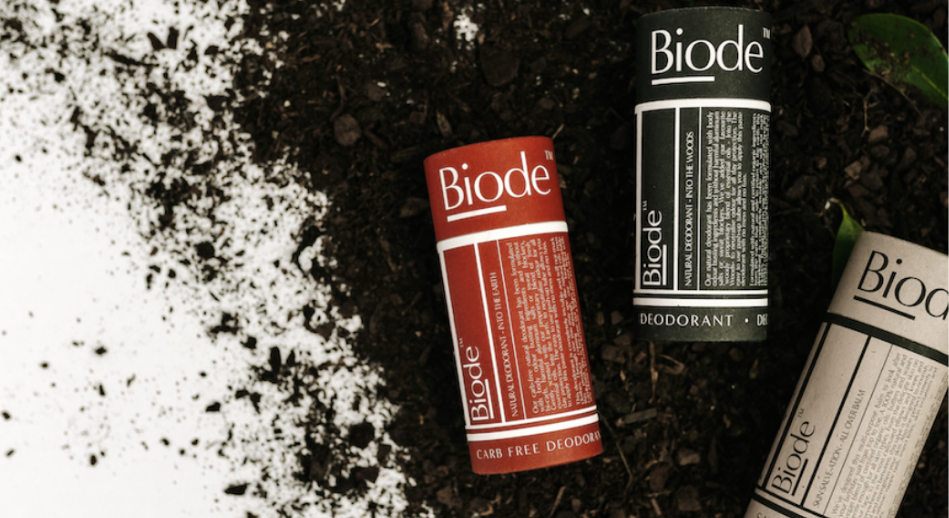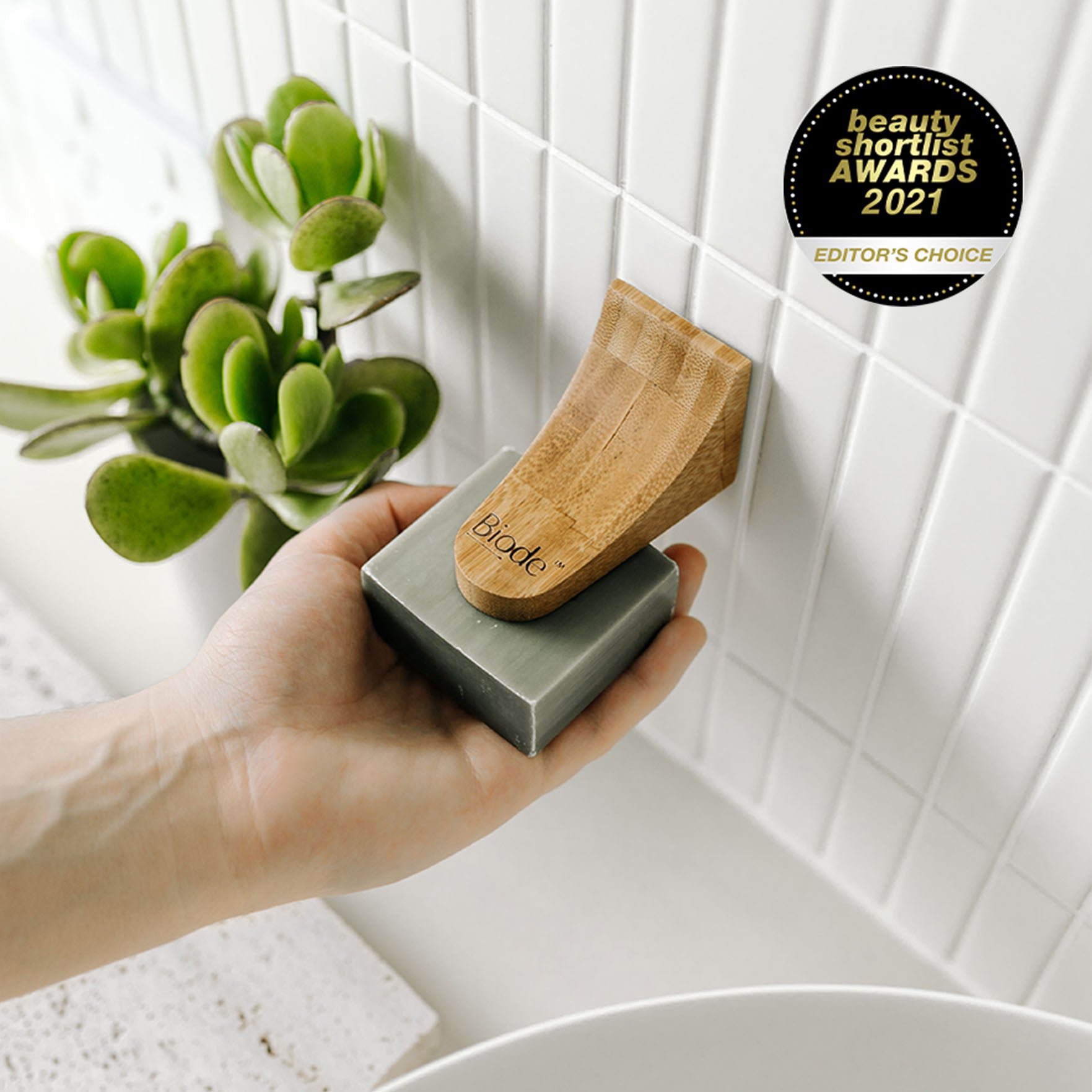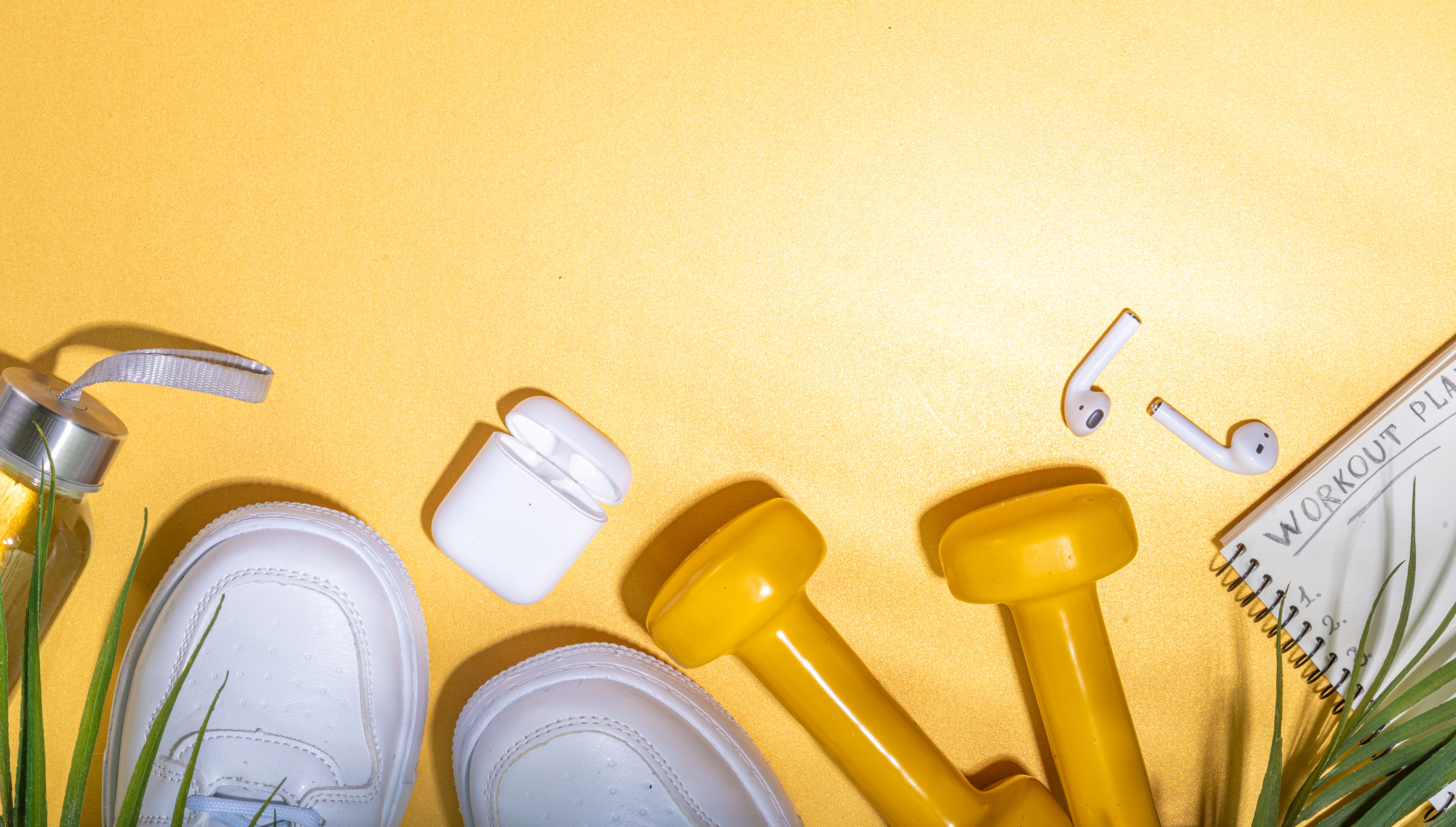
Why home composting is more important than ever
Biode® packaging is made from 100% post consumer-waste papers and printed with vegetable-based inks, making it home-compostable. All of our packaging is designed to Return to Earth™ where it will biodegrade over approximately 12-20 weeks. We even have a super easy guide to follow for all your home composting questions which you can read here.
Home composting is gaining more and more acknowledgment as both an easy and meaningful step towards waste reduction. According to International Compost Awareness Week Australia approximately 50% of the rubbish Australians put in the everyday mixed-waste ‘garbage bin’ could be put to better use in the garden as compost and mulch or could be returned to agricultural land to improve soil quality.
This is also the drive behind many councils across the country implementing Organics bins to collect items for industrial composting which in turn is reused in local parks and gardens, also eliminating the need for mulch to be purchased - taking steps towards a more circular economy!
While there are many tips and tricks on how to compost, not many people know what the benefits of composting are and how it helps the environment.
Farms that create and use their own compost benefit from increased soil quality, reduced need for irrigation water, reduction in fertiliser use, and saving money.
Oceans benefit from composting as compost filters water which penetrates the ground and ends up in our oceans. Cleaner ground water = cleaner oceans.
Energy and Fuel Usage reduces with increased composting as household waste going to landfill reduces, and organic waste can be very high in water and thus heavy - meaning transport costs are reduced. Every little bit counts!
By home composting you can:
- Help your soil retain moisture and improve soil quality
- Reduce the amount of waste going to landfill which in turn reduces greenhouse gas emissions
- Assist in minimising pests and plant diseases, helping you save money on fertilisers and manures. Try to keep them natural when you are purchasing them! Ask your local garden shop for advice).
- Help absorb and filter runoff, protecting streams from erosion and pollution.
Now that you have;
- Swapped your plastic products to products such as Biode®
- Read the research on the dangers of plastics to your body and environment
- Understood the different benefits home composting has in store for you
You are equipped to continue your plastic free warrior duties every day - remember the best time to start reducing plastic use is Plastic Free July! The next best time is today.







Leave a comment
This site is protected by hCaptcha and the hCaptcha Privacy Policy and Terms of Service apply.